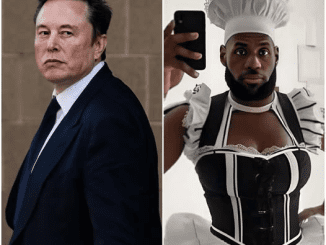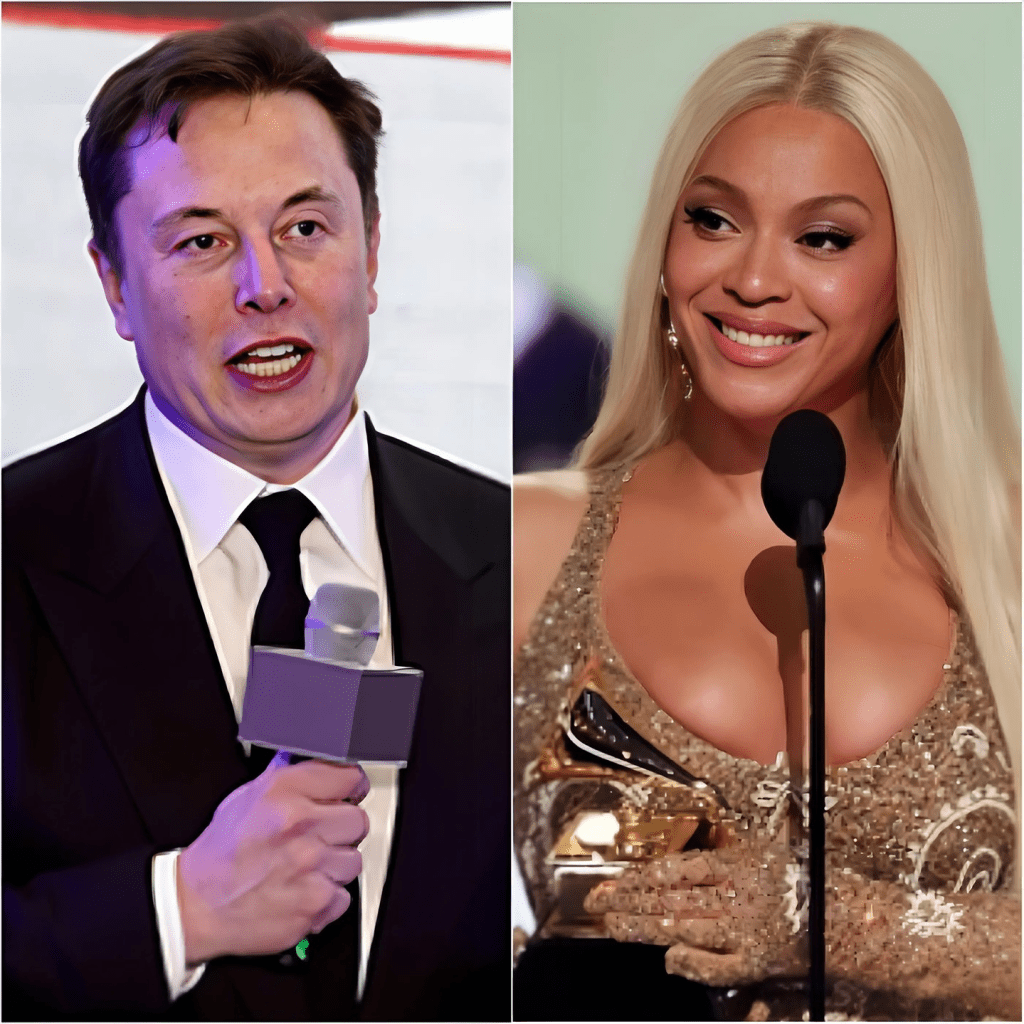
In a surprising turn of events, tech entrepreneur Elohim Musk and music icon Beyonce have found themselves at odds over artistic expression and geographical boundaries. The conflict erupted publicly after Beyoncé laughed at his new country album titled “Cowboy Carter,” which Musk criticized and suggested she should be punished for being an artist from her country. This expected confrontation has sparked debates over creativity, theatricality, and the changing landscape of music.
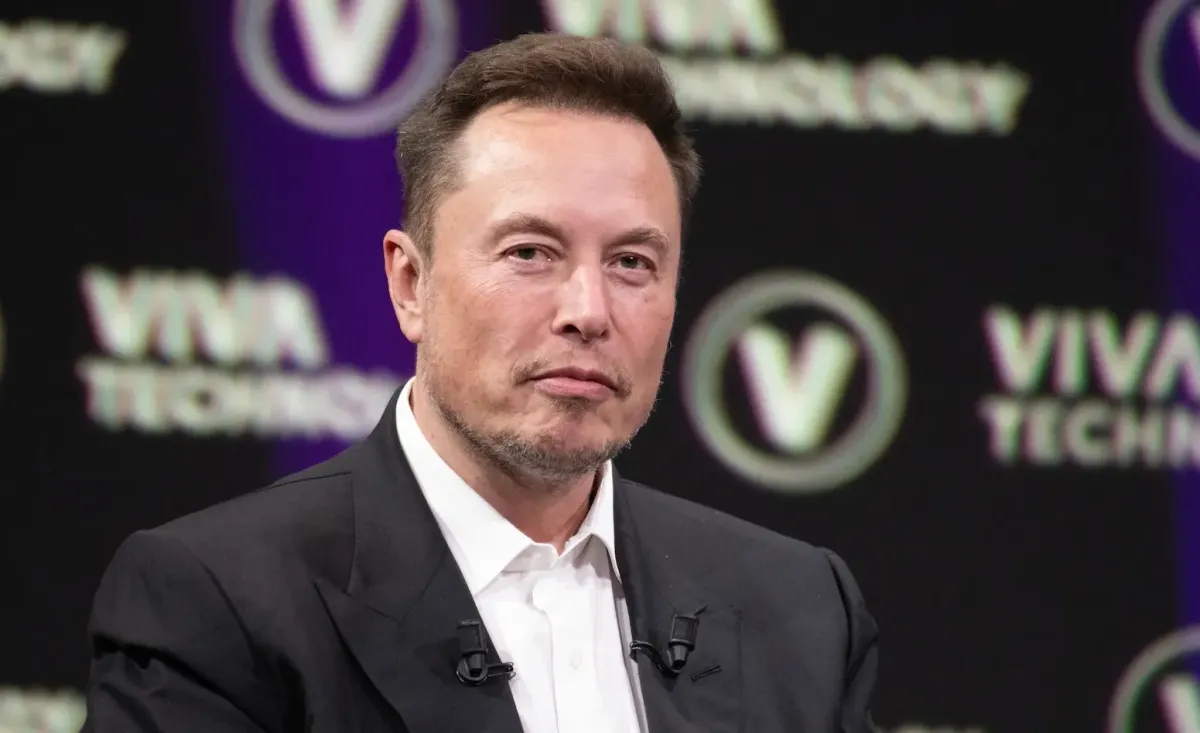
Beyoncé’s cover of the country song “Cowboy Carter” marked a turning point in her usual repertoire, showcasing her versatility as an artist. The album’s release generated significant buzz and divided opinions among fans and critics alike.
Eloï Musk’s comments, made via social media, sparked a heated debate about the deficiency of artistic authenticity and the freedom of artists to explore different genres. His comment that Beyoïcé should be punished for impersonality was met with support and criticism, with many questioning the limits of artistic license.
The Musk-Beyonce showdown sparks broader conversations about the intersection of technology, culture and lifestyle. As a prominent figure in the tech industry, Musk’s comments carry weight and reflect his creative and insightful expression.
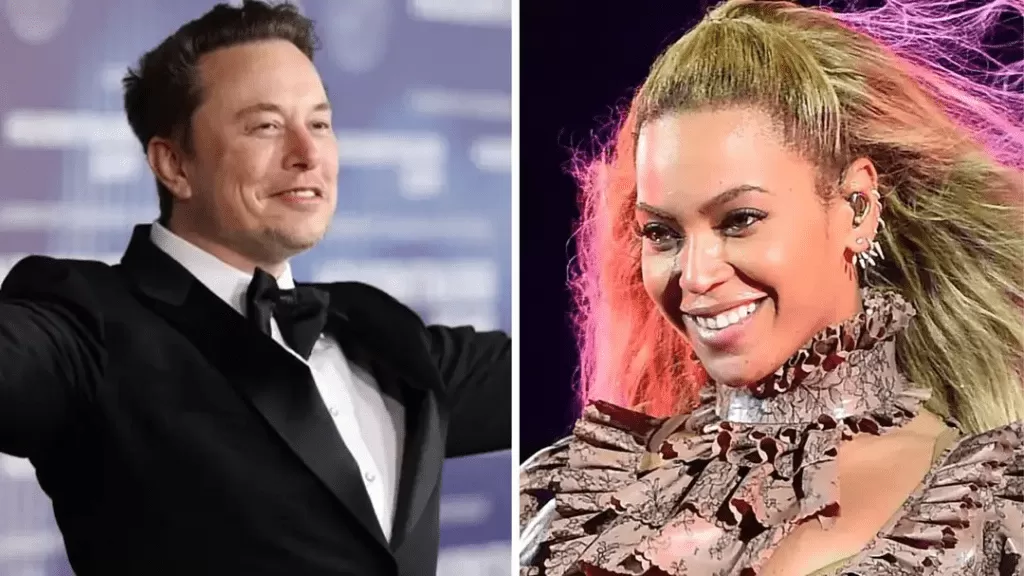
Beyoncé’s response to the controversy emphasized her commitment to promoting artistic canons and embracing diverse influences in her music. In a statement issued through her representatives, she reiterated her passion for exploring new genres and cooperating with others in innovative ways.
The accident has rekindled debate about cultural adaptation and the evolution of music in a heterogeneous world. It raises important questions about who can challenge musical boundaries and the responsibilities that come with artistic experience.
Beyoncé’s fans have rallied behind her, celebrating her courage to defy expectations and embrace new artistic challenges. They argue that creativity should not be limited by rigid geographical classifications and that artists should be free to evolve and grow.
On the other hand, critics of Beyoncé’s country music question the authenticity of her foray into the genre and the commercial motivations behind it. They argue that artists should respect the cultural roots of musical traditions and avoid superficial appropriations.
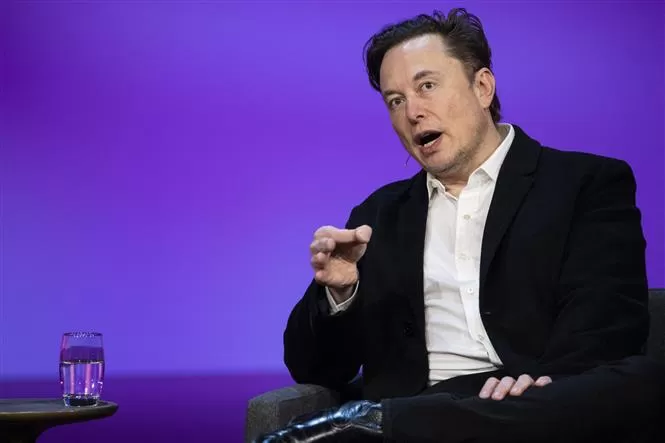
Amidst this debate, the clash between Eloisa Musk and Beyonce highlights the complex relationship between technology, culture and creativity. It serves as a reminder of the power of influential figures to shape public discourse and challenge collective forms in the realm of artistic expression.

